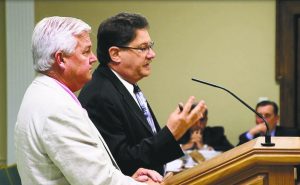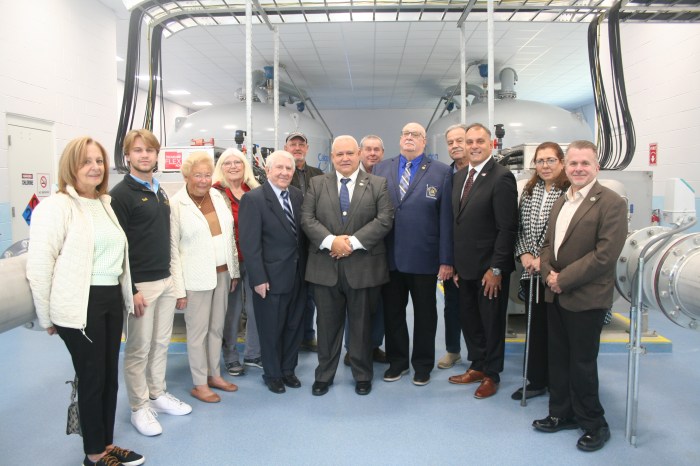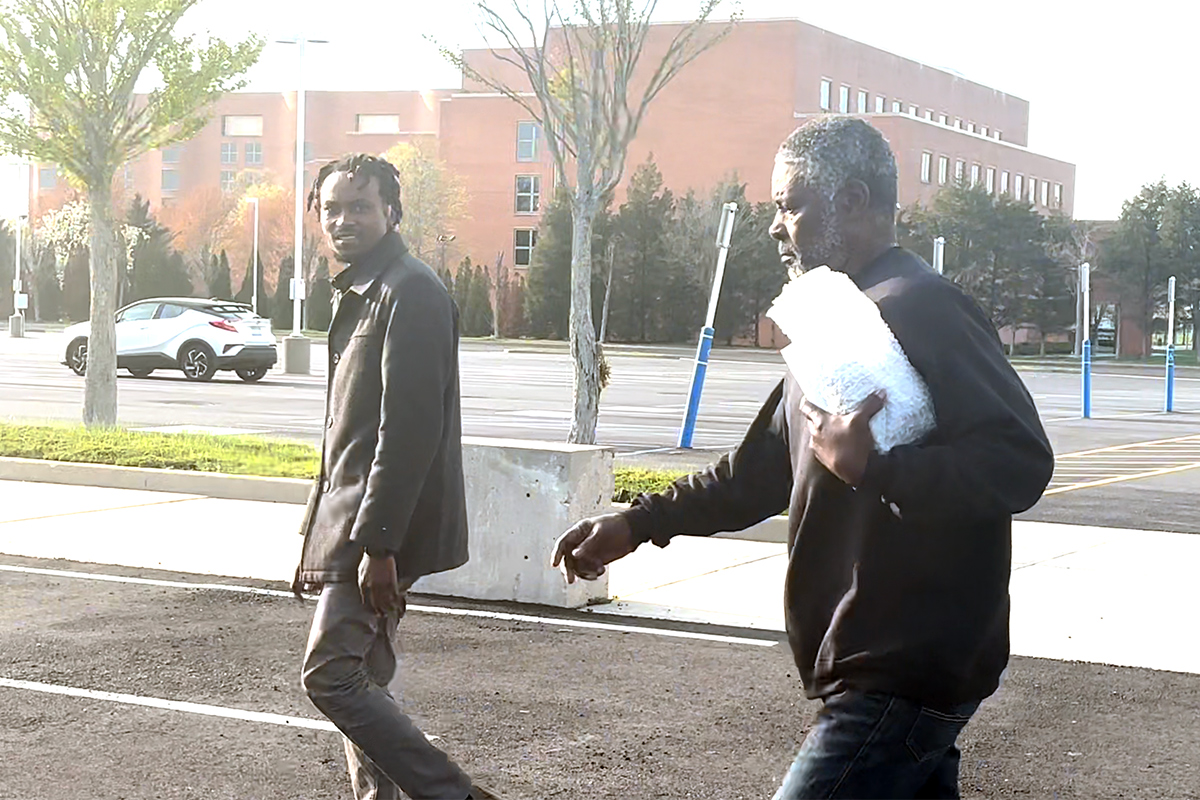The town’s single-stream ‘dream’ is over

Single-stream recycling will continue to be in the Town of Oyster Bay’s immediate future. The town just won’t continue to make money from it.
This is all thanks to a law passed in China last year, banning the import of plastic waste and other recycling material beginning in January 2018. The huge country accounted for nearly half of the world’s activity in plastic waste.
The truism about an interconnected world was played out when Connecticut-based Winters Brothers Hauling Inc. informed the town that, due to the new China policy, it had to renegotiate its contract with the town; it was no longer economically feasible for the firm—locally headquartered in West Babylon—to pay the town $25.08 per ton to pick up the recyclables from the town’s Old Bethpage transfer station. It then trucked the material in bulk to its state-of-the art materials recovery facility in Shelton, CT to separate the components. Much of it has wound up in China.
Reportedly, Winters Brothers wanted to start charging the town $65/ton to continue picking up recyclables. But after a meeting with town officials on July 31, spokesperson Brian Nevin wrote in an email to Anton Media Group, “Winters Brothers will continue to honor their contractual obligations by paying the town for recyclable materials through the end of the contract period. Due to new restrictions from China and a tumble in the commodities market, the town will issue request for proposals (RFP) for the removal of recyclable materials in 2019.”
In a follow-up email, Nevin said that the single-stream policy will run through the contract period, which ends Dec. 31, 2018. Whether it would be continued in future years would depend on the response to the planned RFP.
“Single-stream recycling has benefited taxpayers to the tune of $350,000 over the past nine months,” said Supervisor Joseph Saladino in a statement. “However, the commodities market has tumbled due to Chinese restrictions. The town is currently exploring options with our current vendor, and competing vendors in the market, to determine whether single-stream or dual-stream will better benefit residents moving forward in 2019.”
Last year, the town had put out a request for bids to try to simplify its recycling policy and realize savings. Single-stream promised to make life easier for residents as they would no longer need to separate the various recyclable components, tie newspapers, wonder what to do with cardboard and so on. They just needed to put everything in one can to be taken away.
Three bidders responded to the town’s request, and at a special meeting on Aug. 22, 2017, the board unanimously voted to go with Winters Brothers for a contract beginning October 16, 2017 and ending Dec. 31, 2018. The contract gave the town the option of extending the contract a further four years, with Winters Brothers promising the same rate through Dec. 31, 2022.
Two other companies had bid last July: Omni Recycling of Westbury (one of the then-current recycling contractors) offered to pay $8/ton if its trucks picked up the material at the town’s Old Bethpage transfer station, $10/ton if the town brought recyclables to Omni’s facility; and Citywide Carting, also of Connecticut, who sought to charge the town $10/ton.
At the Aug. 15, 2017 meeting, Omni President Anthony Core and General Manager Brad Slover questioned the figure that Winters had proposed, stating that, in light of their decades in the business, it did not make sense. They urged the town to delay a vote until it had a chance to study the bid.
Slover reminded the board that in 2016, in response for a bid for commingled (or single-stream) recycling, Winters had put forth a figure of $60/ton.
“The recycling market is a complicated business,” Slover warned in words that would prove prescient. “The only reason this material is recyclable is because it has a value to others after it’s been processed and marketed. If it has no value, it is just garbage and must be disposed of. Single-stream puts it all together and requires it to be taken apart. The cost of that processing on Long Island is high because, in part, our workers, friends and neighbors need a living wage to live here.”
At the same meeting, Councilman Anthony Macagnone expressed doubts as well, calling Winters’ offer “too good to be true” and urging more study. Saladino asked if one week was enough and after getting Macagnone’s assent, the special meeting was called for Aug. 22. On that date, Macagnone declared that he had studied the bid and talked with Winters’ principals, and was satisfied that the bid was legitimate. The board then decided in Winters’ favor.
Saladino touted that the town would realize about $2 million over the life of Winters’ contract. In addition, it was able to declare the 22 recycling trucks (specialized for dual-streaming in which paper/cardboard is separated from glass and plastics) surplus and hoped to net another $1 million from their sale. According to Nevin, as of now the town has sold eight of the trucks. He did not provide a revenue figure.































